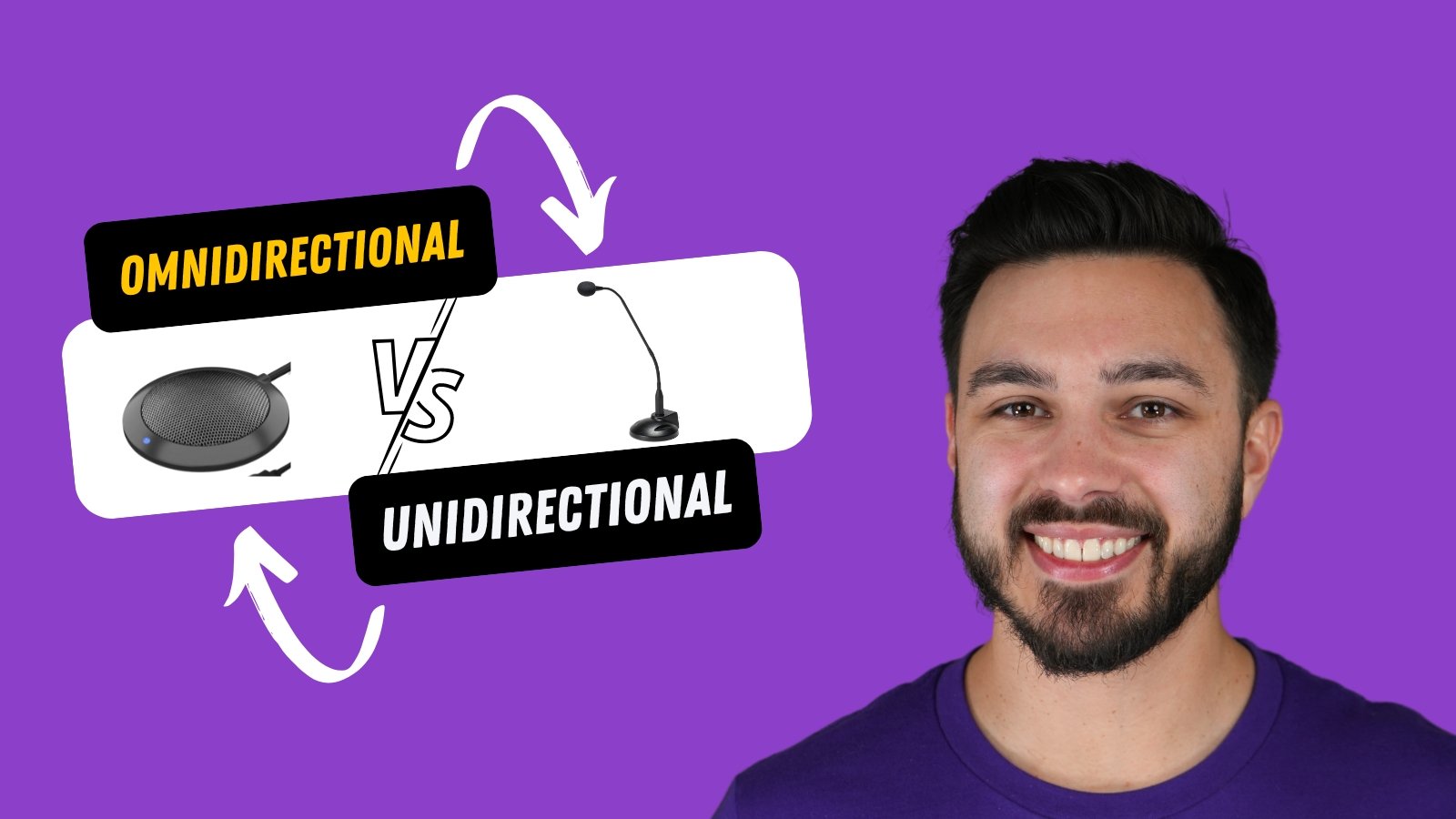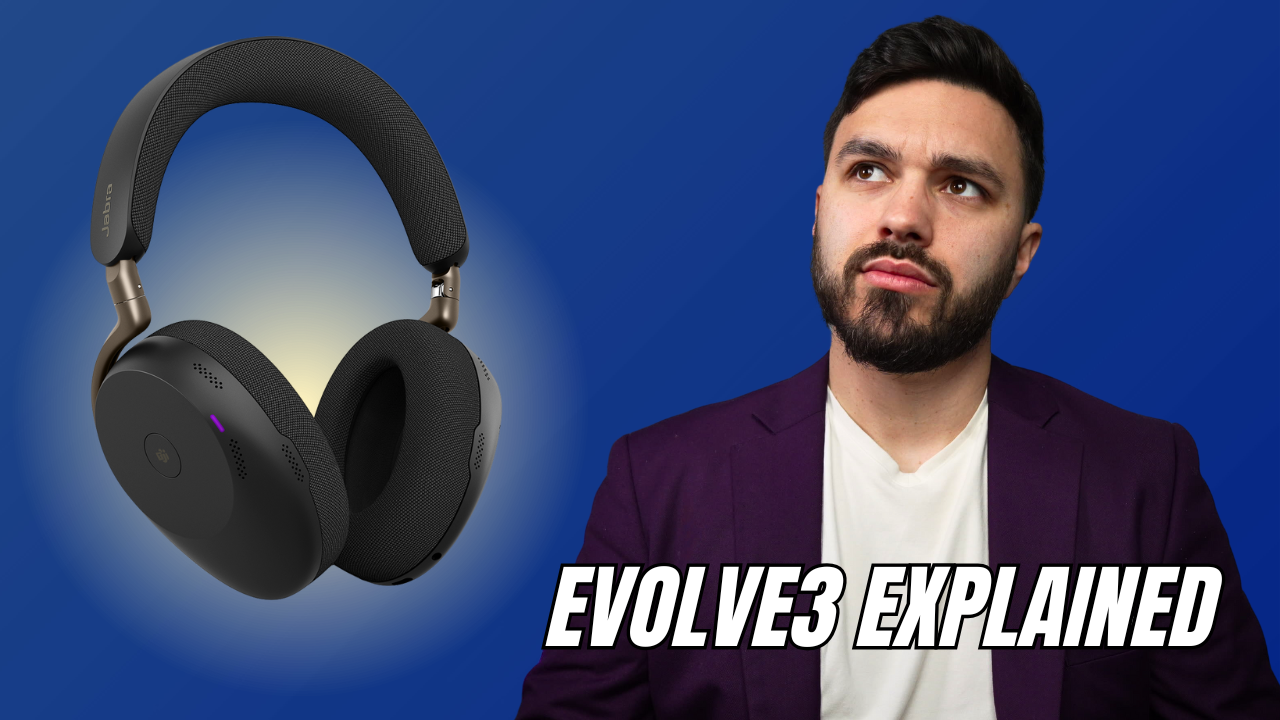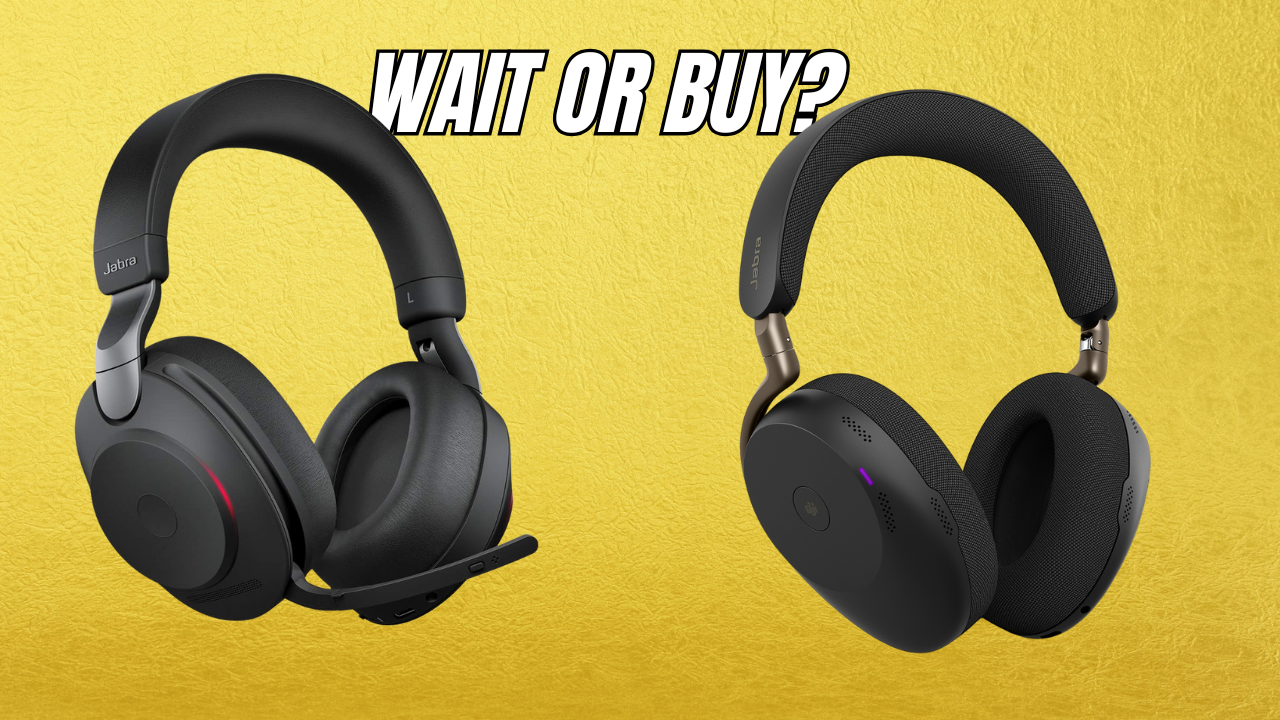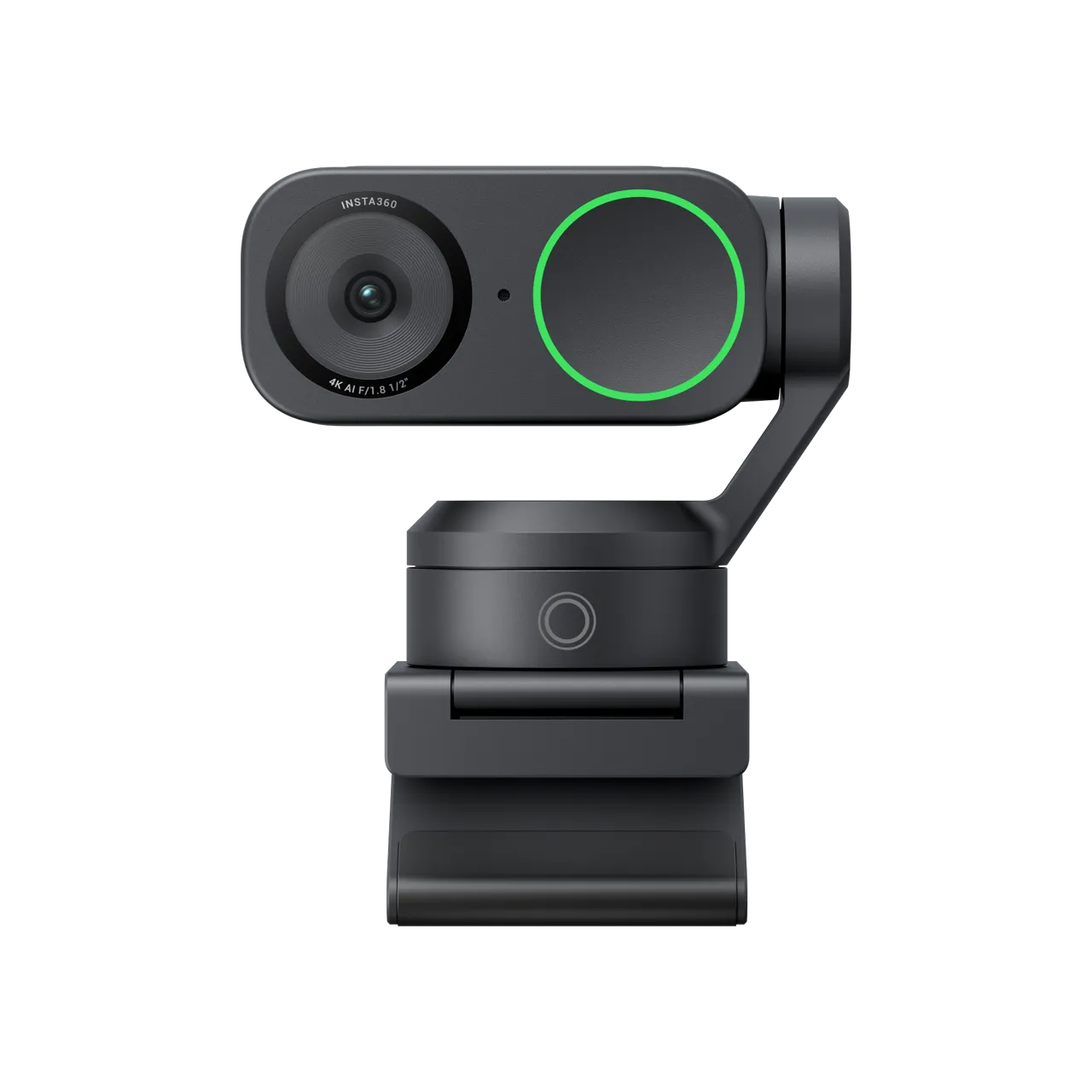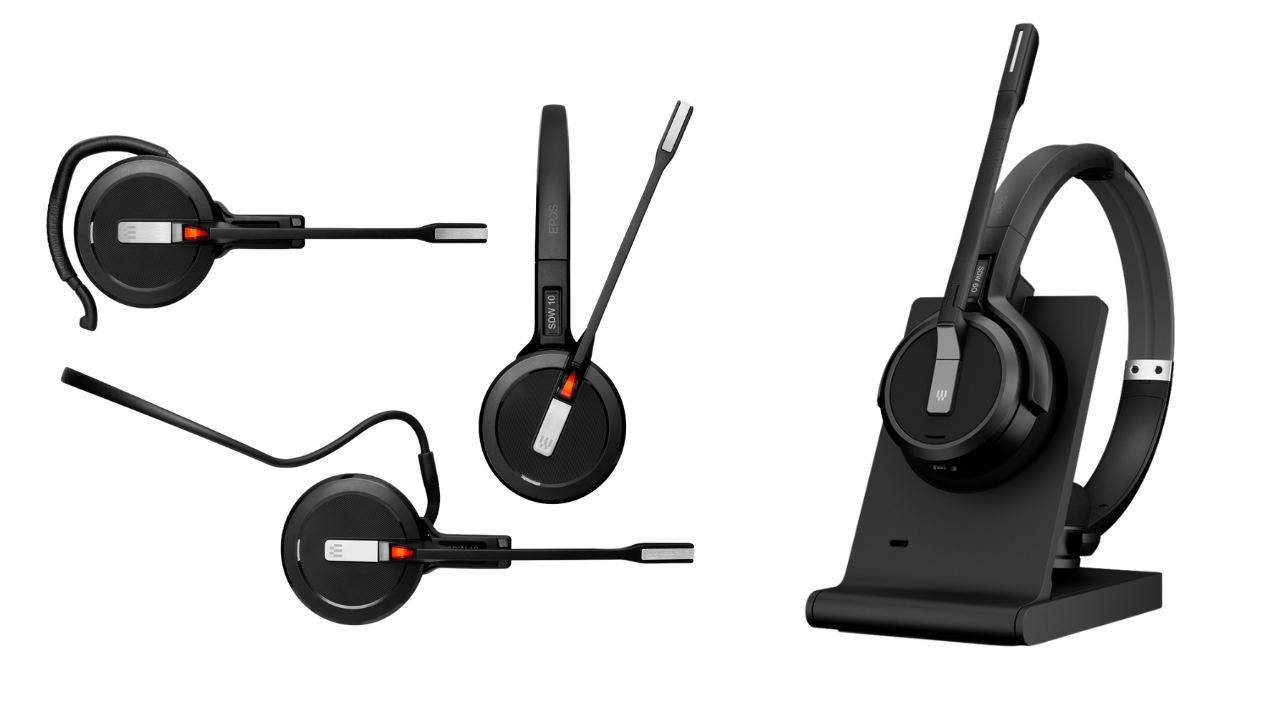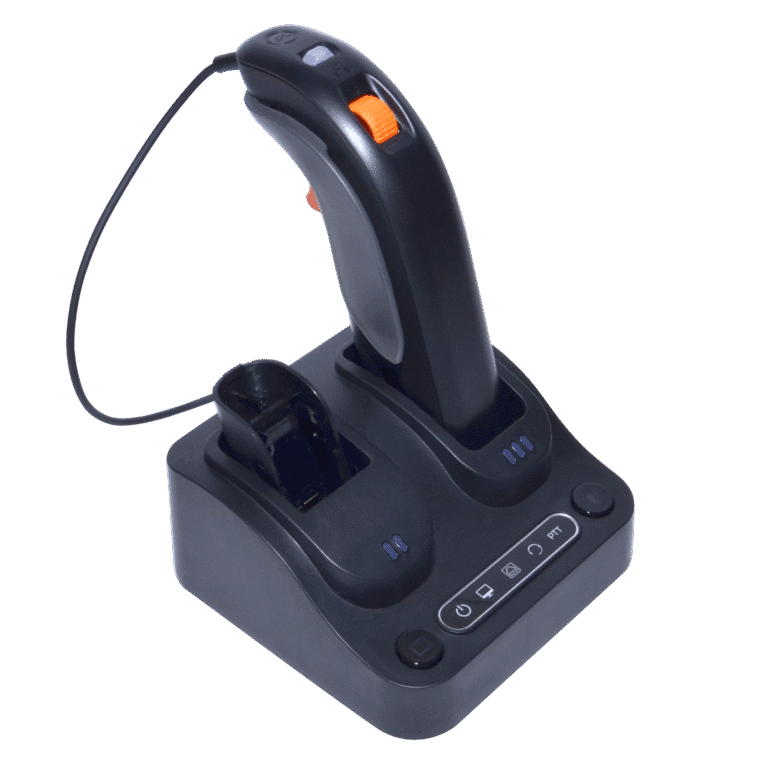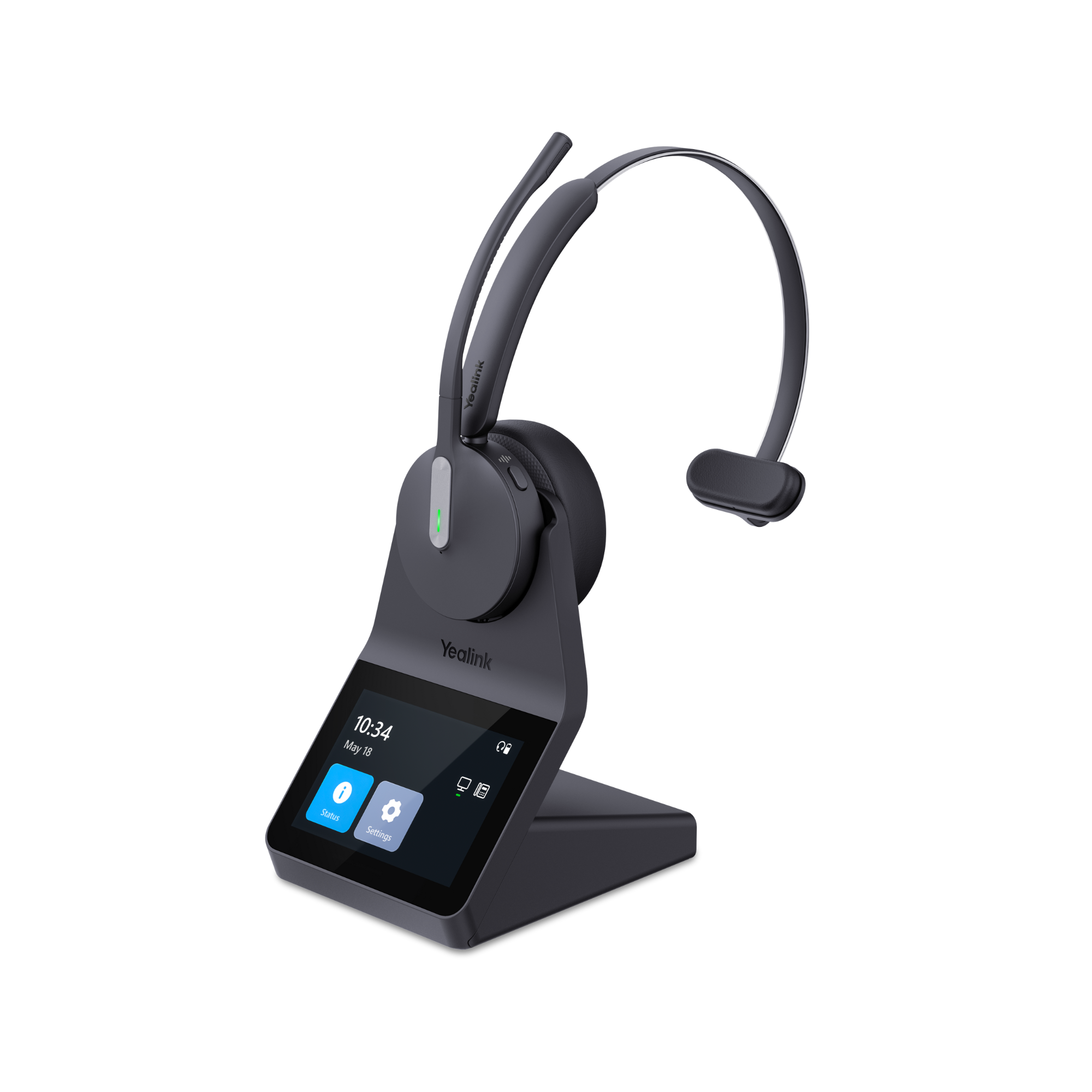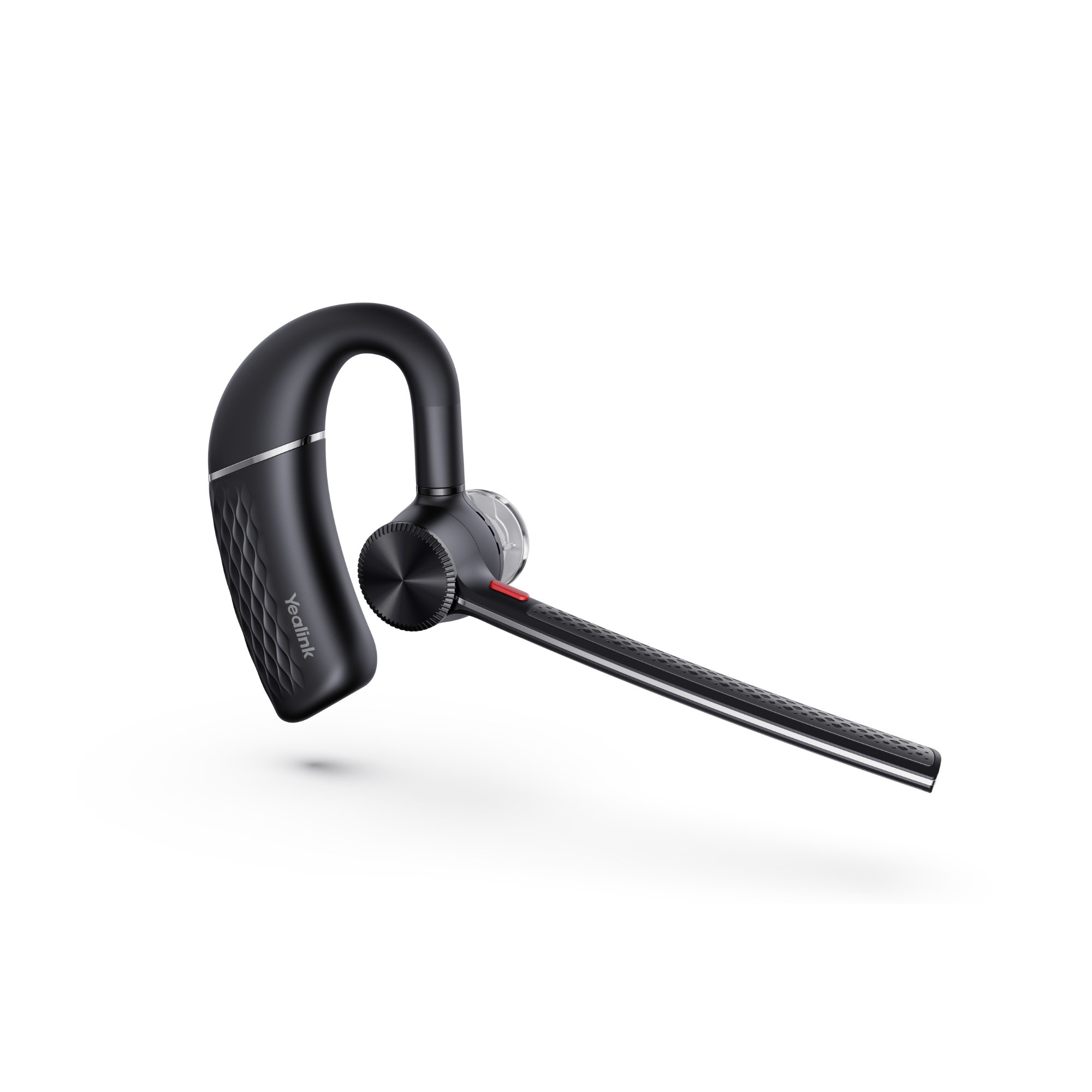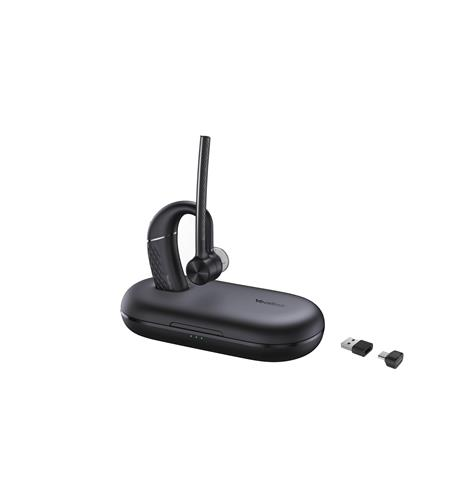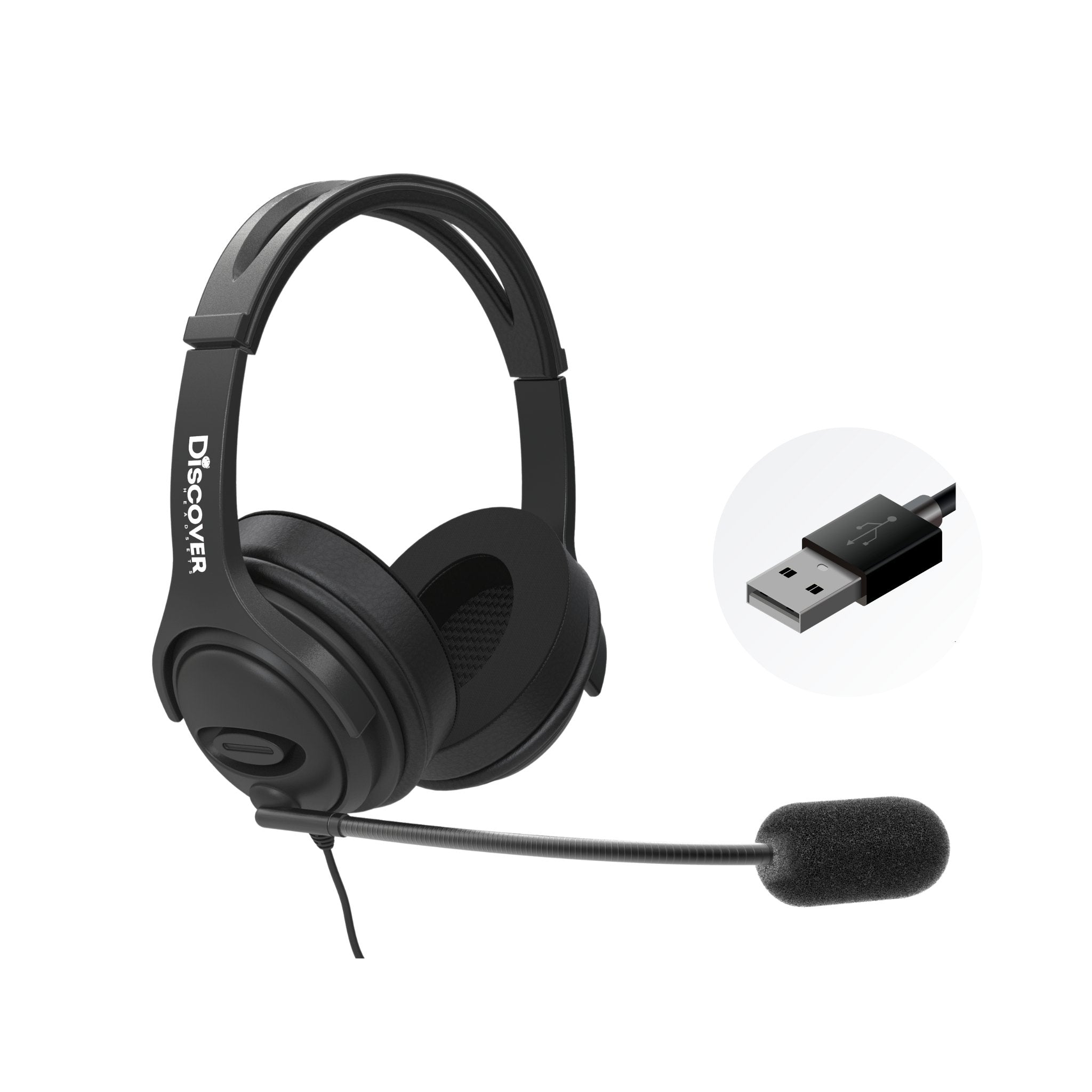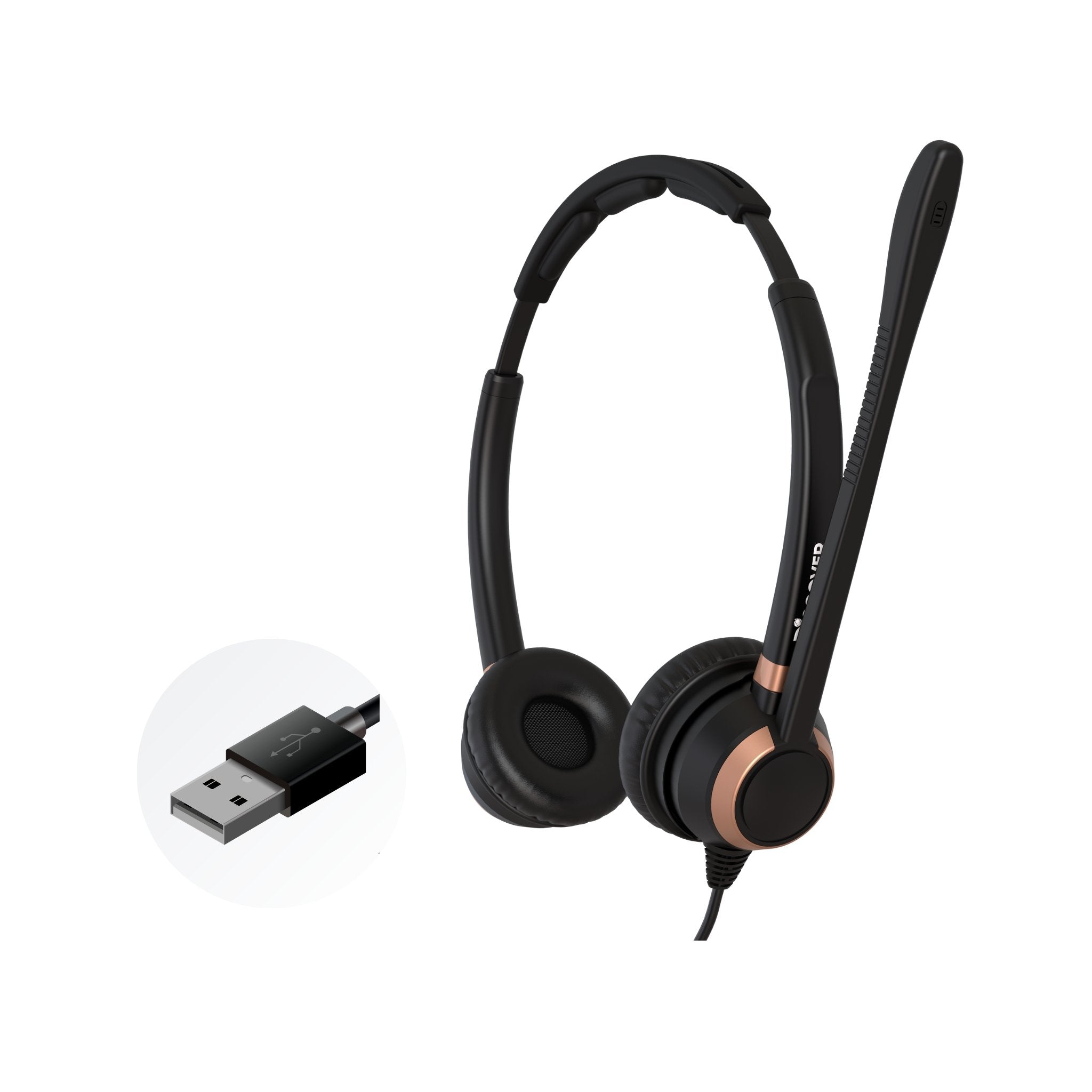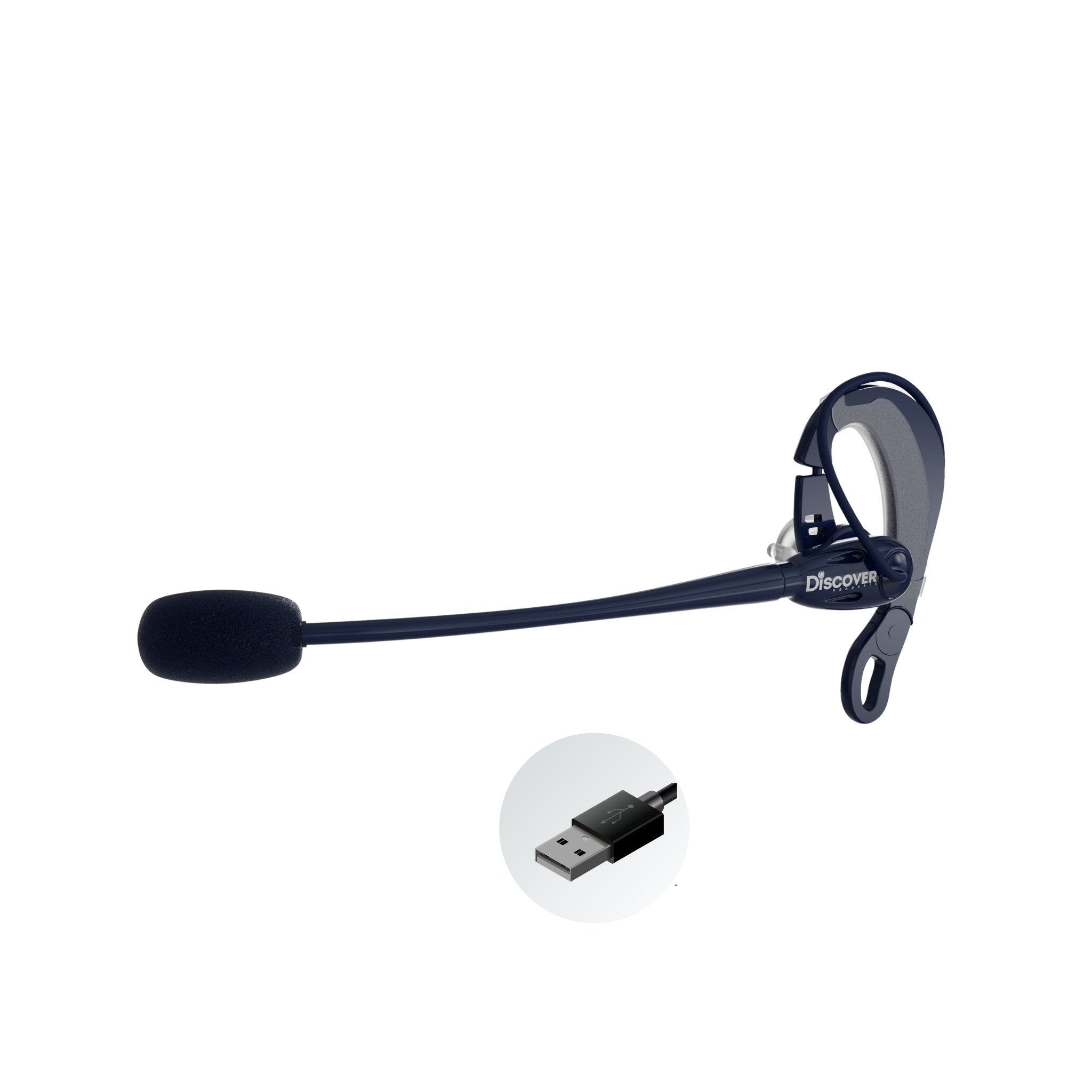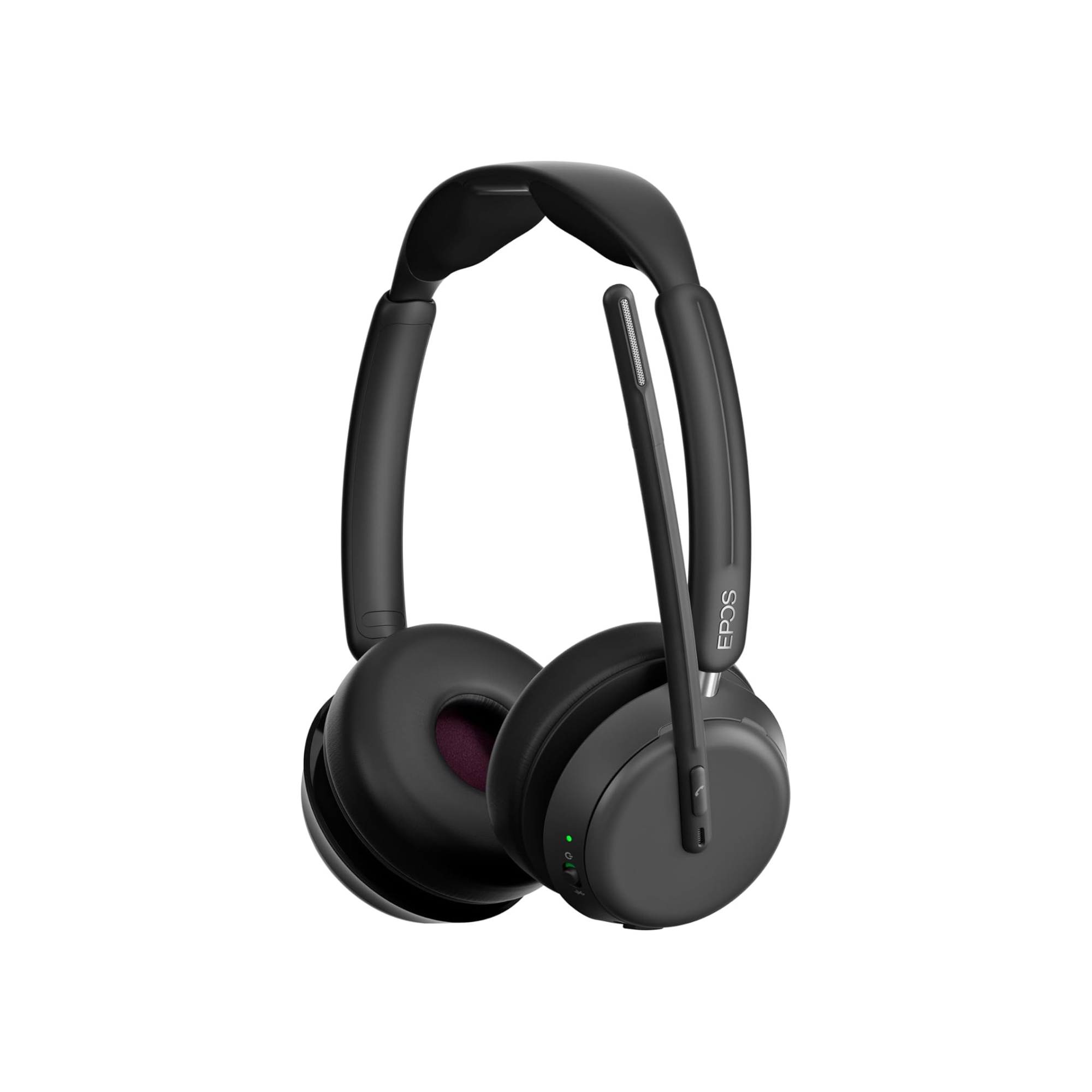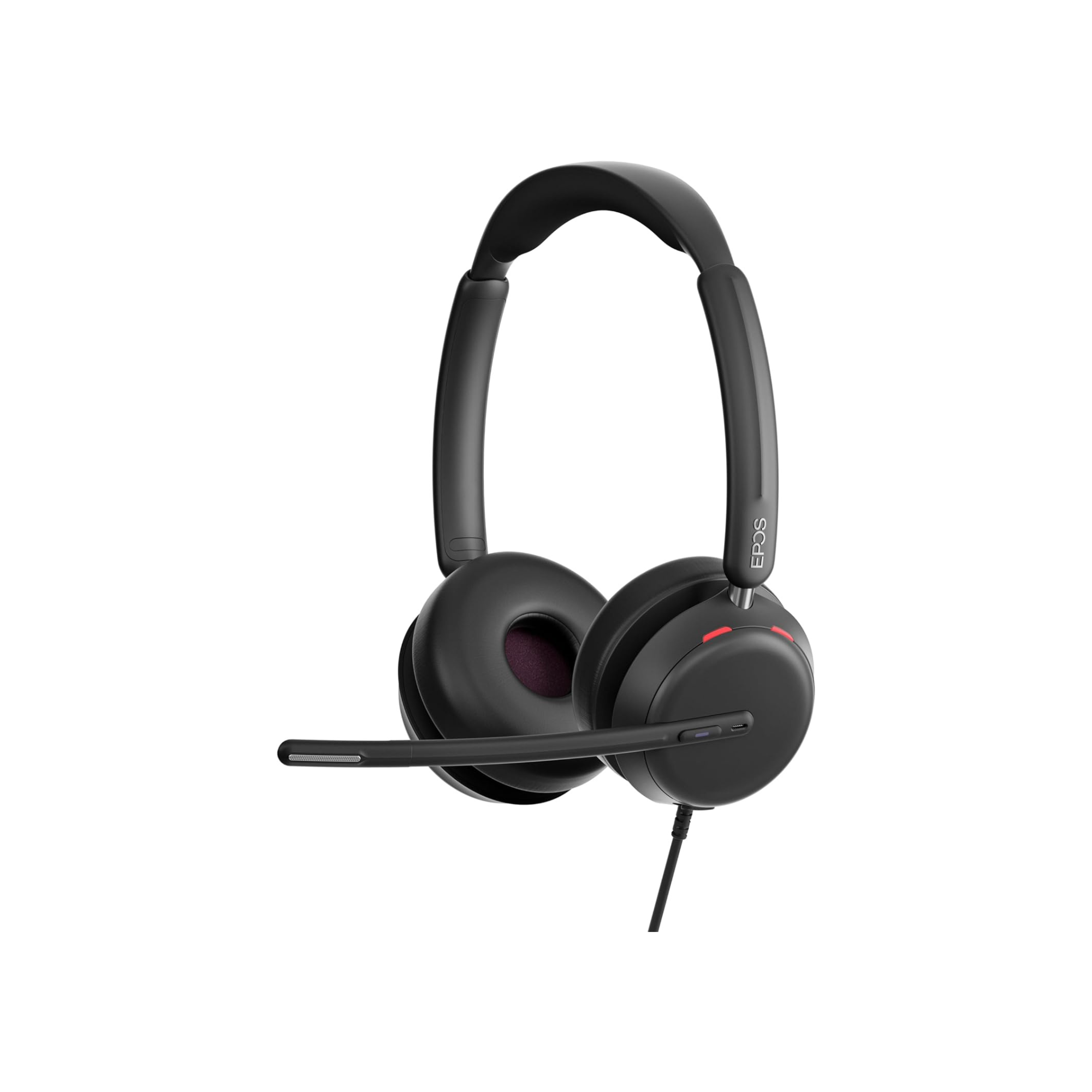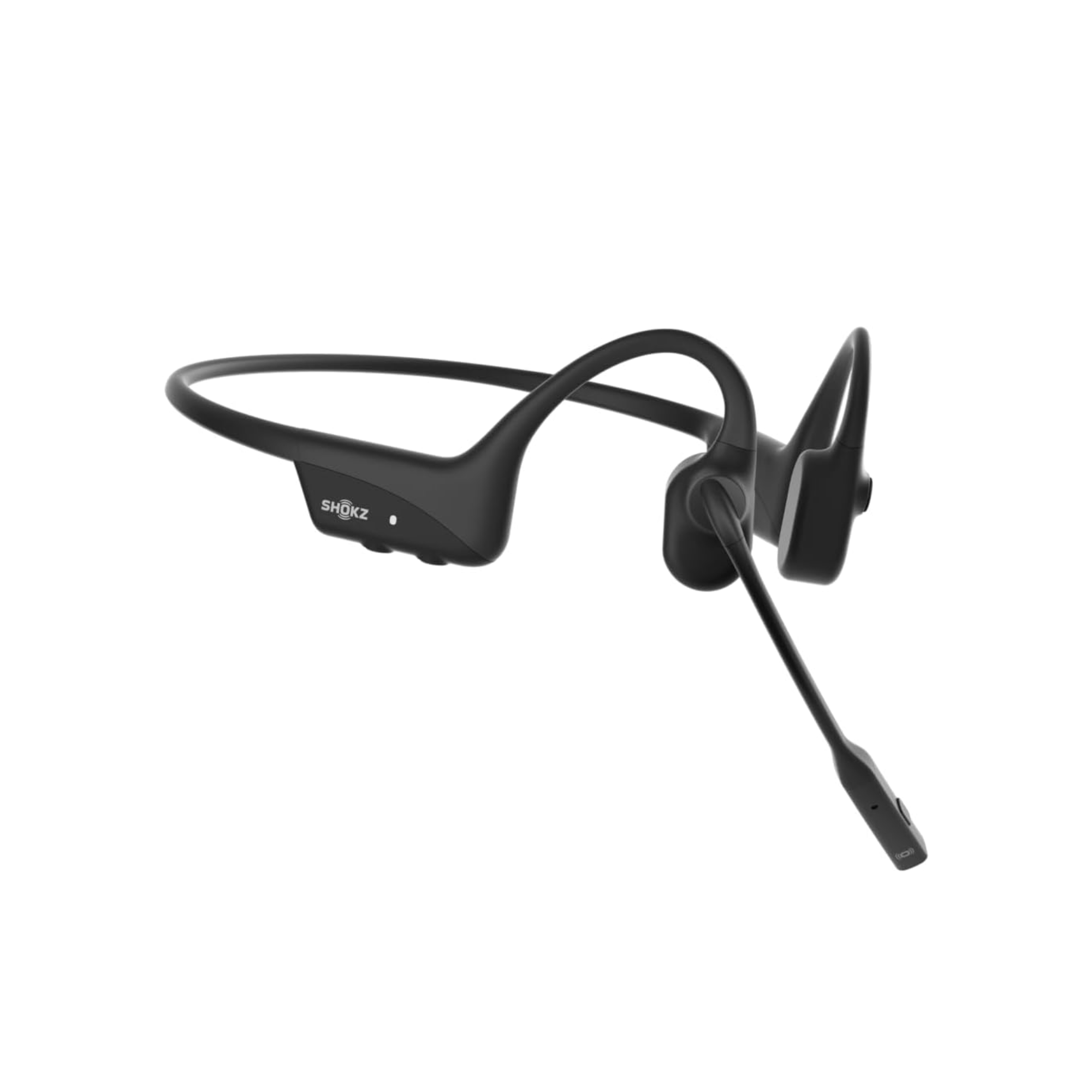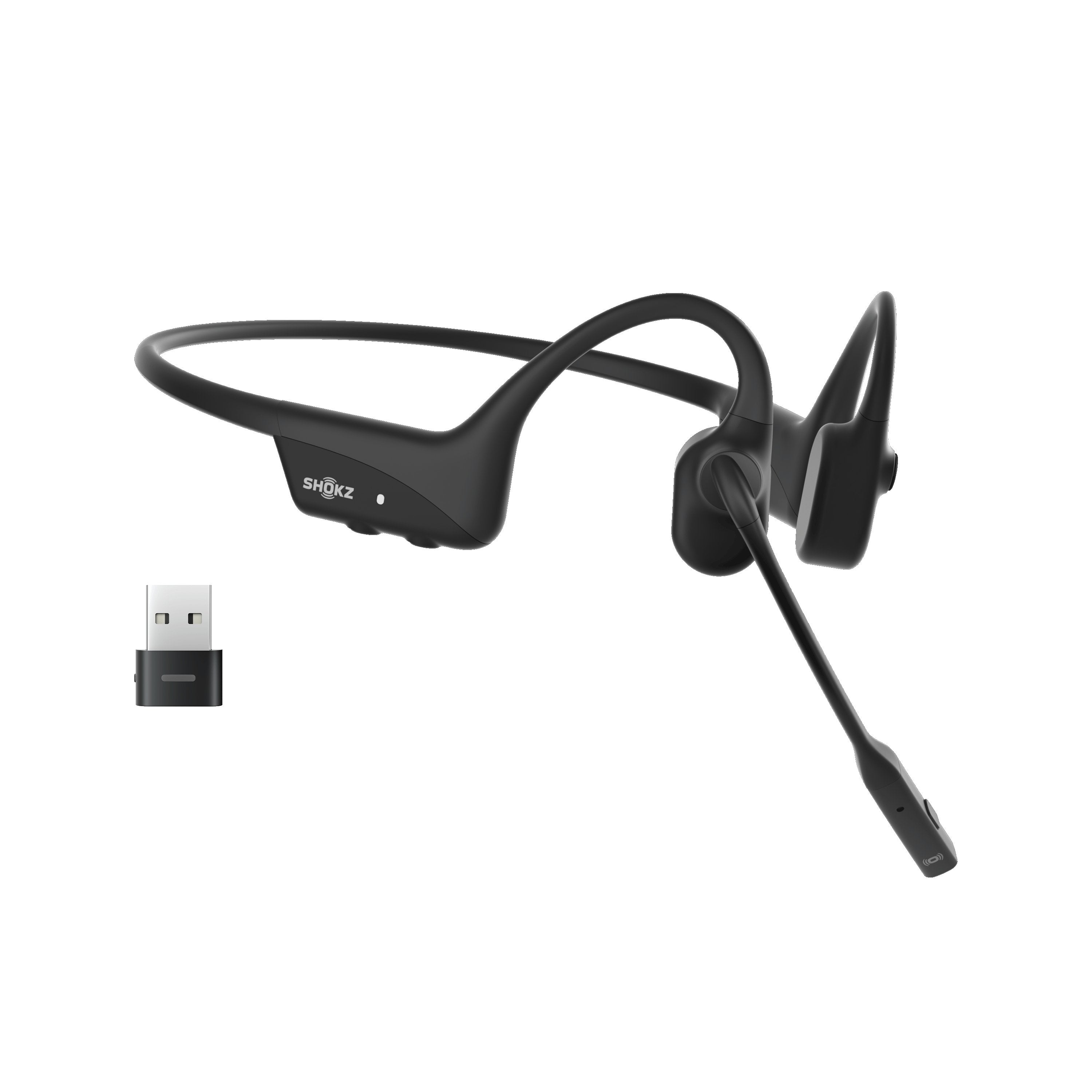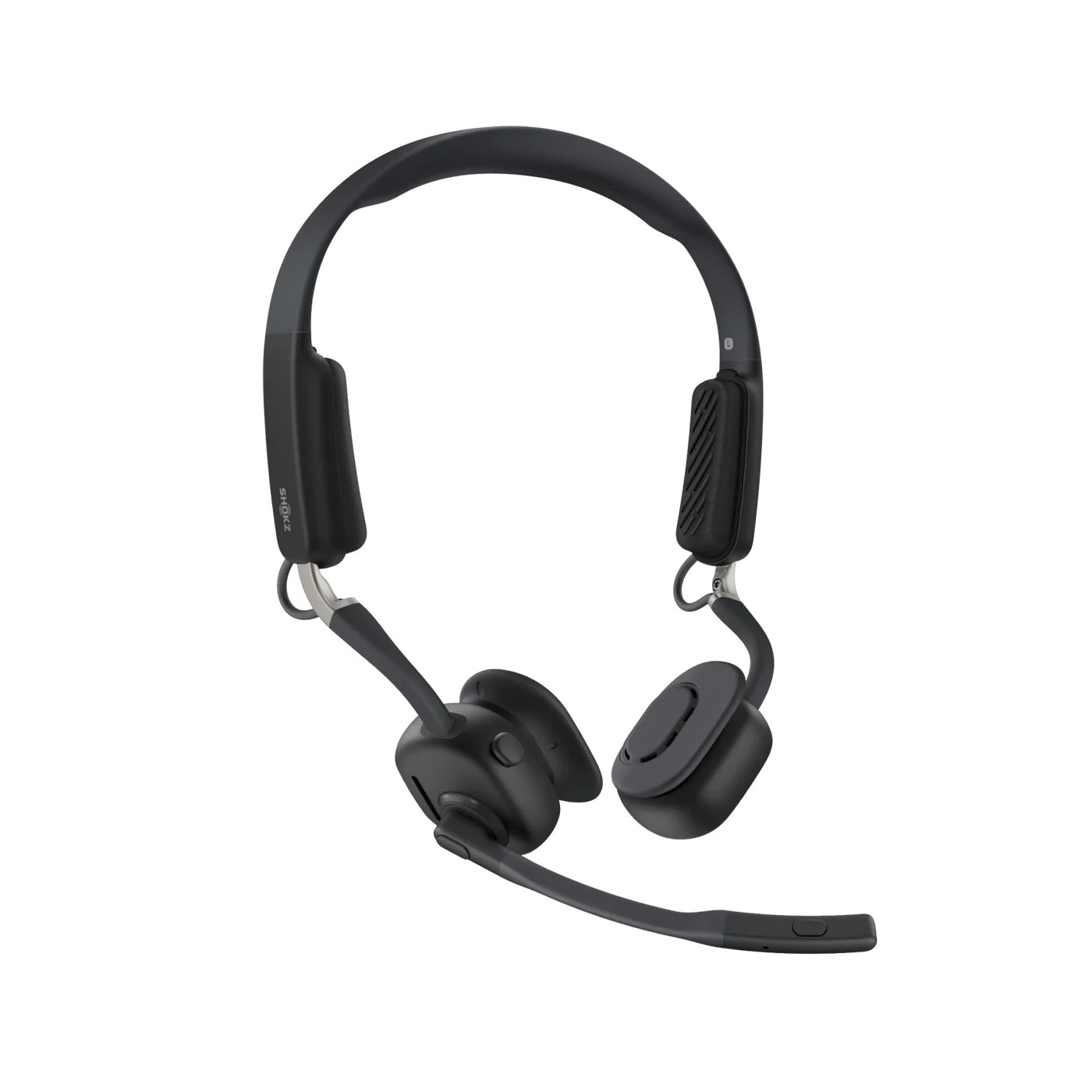When it comes to microphones, there are two main types: omnidirectional and unidirectional.
While these two types of microphones may seem similar at first glance, they actually have some significant differences that set them apart. In this blog, we'll take a deep dive into the world of omnidirectional and unidirectional microphones, and help you determine which type is best for you.
First, let's define our terms.
An omnidirectional microphone is a type of microphone that is equally sensitive to sound from all directions. This means that the microphone will pick up sound from any direction, regardless of where it's facing. On the other hand, a unidirectional microphone is a type of microphone that is most sensitive to sound coming from a single direction. These microphones are designed to pick up sound from a specific direction, while rejecting sound from other directions.
Now that we know what we're dealing with, let's take a closer look at some of the key differences between omnidirectional and unidirectional microphones.
Hear the difference between a microphone that can switch between omnidirectional and unidirectional.
Directionality
This is probably the most obvious difference between omnidirectional and unidirectional microphones. As we mentioned earlier, omnidirectional microphones are sensitive to sound from all directions, while unidirectional microphones are sensitive to sound from a single direction.
This means that if you're using an omnidirectional microphone, you don't need to worry about positioning it correctly in order to pick up sound. On the other hand, if you're using a unidirectional microphone, you'll need to be more careful about positioning it in order to get the best results.
Noise Cancellation
In terms of noise cancellation, unidirectional microphones are generally better than omnidirectional microphones. This is because unidirectional microphones are designed to reject sound coming from other directions, while omnidirectional microphones are equally sensitive to sound from all directions. This can be a problem in noisy environments, as an omnidirectional microphone will pick up more background noise than a unidirectional microphone.
Frequency Response
The frequency response of a microphone refers to the range of frequencies that it is able to pick up. In general, omnidirectional microphones have a more even frequency response than unidirectional microphones. This means that they're able to pick up a wider range of frequencies, from low to high. On the other hand, unidirectional microphones tend to have a more narrow frequency response, which means that they may not be as effective at picking up certain frequencies.
Use cases
Omnidirectional microphone: a speakerphone for a group conference with omnidirectional microphones will be a much better audio experience vs a unidirectional microphone.
Unidirectional microphone: If you were on a zoom meeting, doing a presentation, or on a podcast for example then a headset or unidrectional microphone will be a better way to go for the most clear voice quality.
Pros of an omnidirectional microphone:
- Picks up sound equally from all directions, making it ideal for recording conversations or interviews in which people are speaking from various positions around the microphone.
- Does not have a "proximity effect," which is the increase in bass response that occurs when a person speaks very close to a directional microphone.
Cons of an omnidirectional microphone:
- Picks up a lot of background noise, which can be a problem in noisy environments.
- Not ideal for isolating a specific sound source, such as a person speaking on a stage or in a crowded room.
Pros of a unidirectional microphone:
- Highly directional, so it is good at isolating a specific sound source and reducing background noise.
- Has a "proximity effect," which can be used to produce a bass-heavy sound when the microphone is used very close to the sound source.
Cons of a unidirectional microphone:
- Picks up sound mostly from one direction, so it is not ideal for recording conversations or interviews in which people are speaking from various positions around the microphone.
- Can be more sensitive to handling noise, such as the sound of someone touching or moving the microphone.
How a noise canceling microphone differs.
A noise cancelling microphone is a type of microphone that is designed to reduce or eliminate background noise from the audio signal it captures. This can be useful in situations where the microphone is being used in a noisy environment, or where there is a need to focus on a specific sound source and minimize distractions.
There are several different techniques that can be used to achieve noise cancellation with a microphone, such as using a directional pickup pattern or applying electronic noise reduction algorithms to the audio signal.
A unidirectional microphone, on the other hand, is a type of microphone that is most sensitive to sound coming from directly in front of it and less sensitive to sound coming from other directions. Unidirectional microphones are often used to isolate a specific sound source, such as a person speaking on a stage or in a crowded room.
Unidirectional microphones can be useful for reducing background noise, but they do not provide the same level of noise cancellation as a dedicated noise cancelling microphone. Unidirectional microphones are more sensitive to sound coming from one direction, so they can be less effective at reducing noise from other directions.
Overall, the main difference between a noise cancelling microphone and a unidirectional microphone or omnidirectional microphone is the way in which they reduce or eliminate background noise. A noise cancelling microphone uses specialized techniques to reduce noise across a wide range of frequencies, while a unidirectional microphone is more sensitive to sound coming from one direction and less sensitive to sound coming from other directions.
Conclusion
So, which type of microphone is right for you? Ultimately, it comes down to your needs and budget. If you need a microphone that is easy to use and requires minimal setup, an omnidirectional microphone is probably the way to go. These microphones are simple to use and are suitable for a wide range of applications.
On the other hand, if you need a microphone that can handle noisy environments and reject background noise, a unidirectional microphone is probably a better choice. These microphones are more expensive, but they offer superior noise rejection and are well-suited for use in professional settings.

